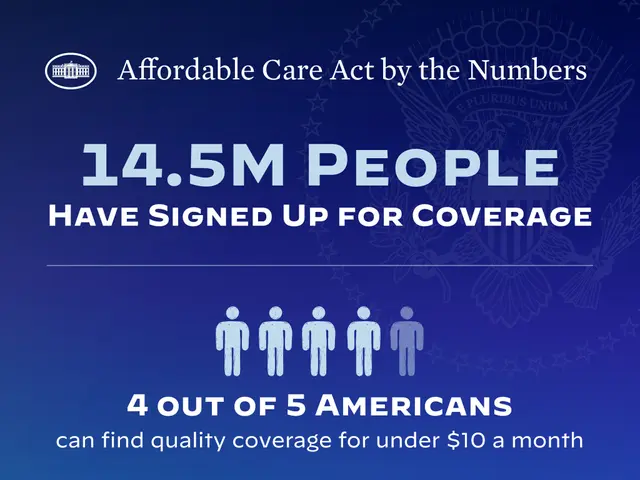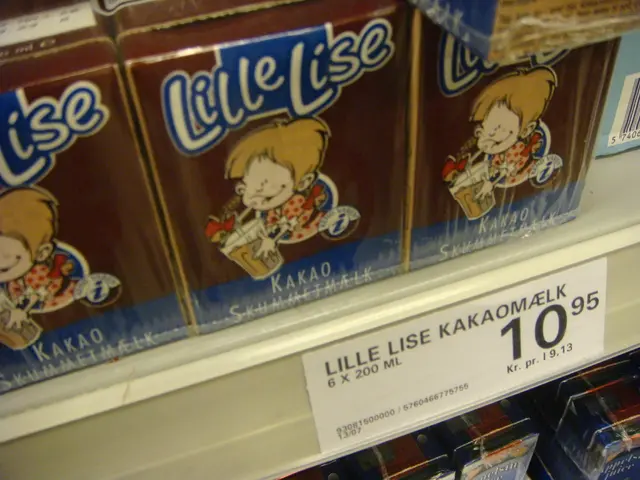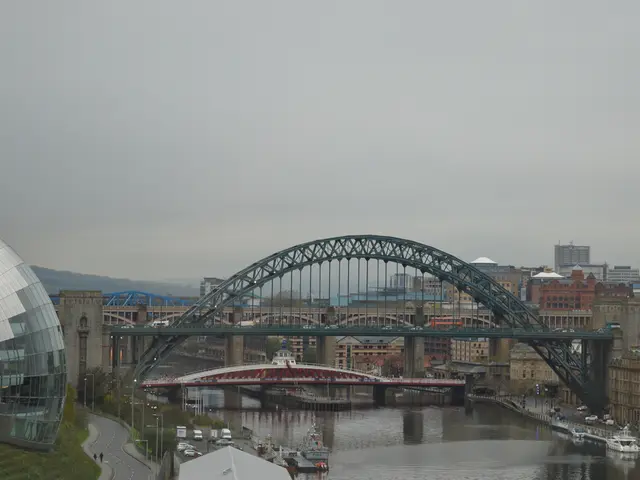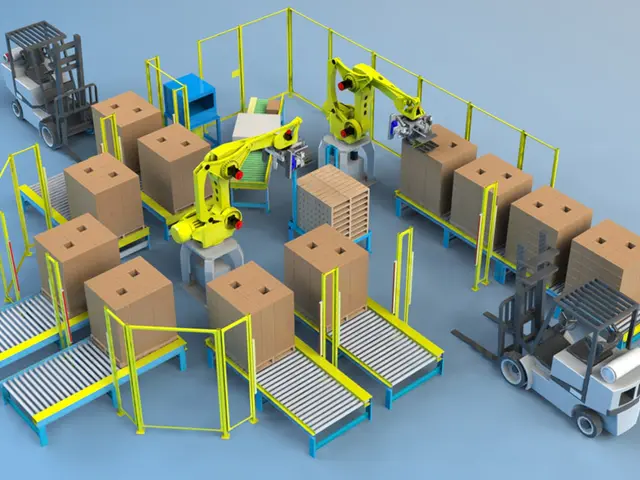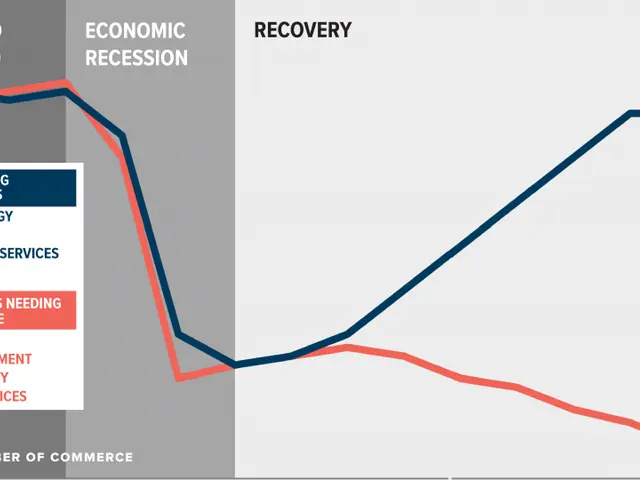Federal government moves to delay enactment of air pollution regulations restrictions
The Environmental Protection Agency (EPA) has announced its intention to withdraw an interim final rule that was implemented in July of the current year. This rule, known as the stopgap rule, was granted to a high-polluting coal products industry and allowed a break on compliance with strengthened air toxics regulations.
The stopgap rule gave 11 coke plants until mid-2027 to begin monitoring for cancer-causing benzene around their facilities. However, the EPA's Toxics Release Inventory does not specify a particular timeframe for the data provided, and it does not provide information on the compliance level of coke plants with regulations.
According to the most recent final numbers available from EPA's Toxics Release Inventory, coke plant emissions may include cyanide compounds, ammonia, and hydrochloric acid. These emissions could potentially impact the 11 coke plants mentioned, as the withdrawal of the rule would likely impact their operations.
It's important to note that the identities of the five persons informed about the intended repeal of the stopgap rule by the EPA have not been publicly disclosed.
The decision to withdraw the rule would mark a temporary retreat from the Trump administration's use of procedural shortcuts to aid select industries. Additionally, it would not allow the public a chance to weigh in before the withdrawal.
The EPA's Toxics Release Inventory does not provide details on the impact of coke plant emissions on public health or the environment. It's crucial to emphasise that further research and open discussions should be encouraged to ensure the safety and well-being of all communities near these facilities.
The withdrawal of the rule also delayed other pollution control measures embedded in the tightened regulations released by the Biden administration last year. The impact of this decision on the overall environmental goals set by the administration remains to be seen.
It's essential to monitor the progress of this decision closely and to advocate for transparency and accountability in the regulatory process. Public input and the protection of our environment should always be prioritised.
Read also:
- Trump administration faces lawsuit by Denmark's Ørsted over halted wind farm project
- Unchecked Management of HP Dams Leads to Environmental Disaster: RTI Reveals
- Rapid advancements in automotive policies worldwide fuel transition towards electric vehicles
- CDU Hamm: Aim, Chosen Candidate, and Local Election Agenda

